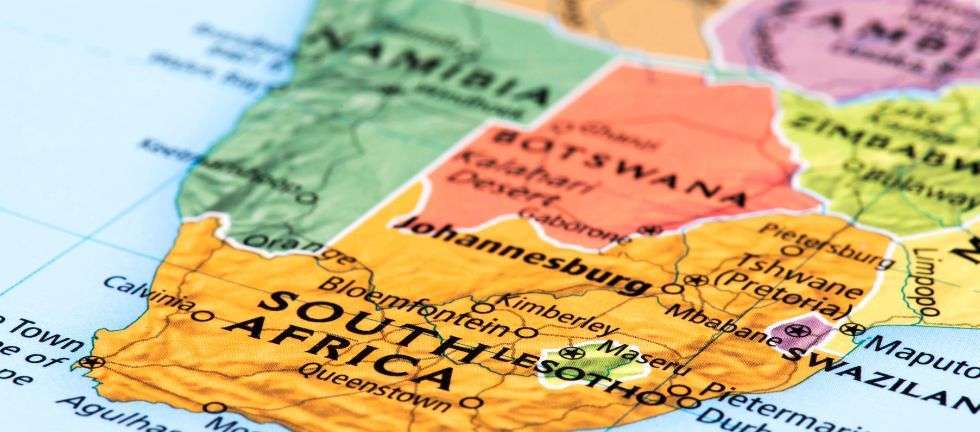It’s a big South African dream, isn’t it? Holding the keys to your very own home. For many, especially if you’re looking to buy your first property, that dream can feel exciting but also a bit overwhelming, particularly when you think about saving for a house deposit in South Africa. That initial lump sum can seem like a mountain to climb. But here’s the good news: with a smart plan and consistent effort, that mountain is absolutely scalable. This isn’t just about numbers; it’s about paving the path to your future front door, and we’re here to walk you through how to get started.
First Things First: Understanding the Down Payment
So, what exactly is this “down payment” or “deposit”? In South Africa, when you buy a property using a home loan (often called a bond), lenders typically require you to pay a portion of the property’s purchase price upfront. This is the deposit. The amount can vary, often ranging from 10% to 20% or more of the property’s value, depending on the lender, your credit profile, and the loan type. A larger deposit often means a smaller loan, potentially lower monthly repayments, and a better interest rate. It’s your first major investment in your future home.
Your Roadmap to Saving: Smart Budgeting is Key
Knowing you need to save is one thing; knowing how is another. This is where budgeting becomes your best friend.
- Track Your Spending: For a month, jot down every single rand you spend. Use an app, a notebook, or a spreadsheet. You might be surprised where your money is actually going!
- Create a Realistic Budget: A popular method is the 50/30/20 rule:
- 50% for Needs: This covers your absolute essentials – rent/current housing, groceries, transport, utilities, and debt repayments.
- 30% for Wants: This is for lifestyle choices – entertainment, dining out, hobbies, shopping.
- 20% for Savings & Debt Repayment: This is where your house deposit savings will come from. Aim to allocate as much of this 20% (or even more, if possible) directly to your deposit fund.
- Identify Cutback Areas: Once you see where your money goes, look for areas in your “Wants” (and sometimes even “Needs”) where you can trim. Could you make coffee at home more often? Opt for a more affordable entertainment option? Every bit saved adds up.
At Future Finance, we understand that managing finances during big life changes, like property transactions, can be complex. While our property bridging finance is typically for sellers needing an advance on their sale proceeds, the principle of careful financial planning is something we see benefit everyone in the property journey.
Supercharge Your Savings: Making Your Money Work Harder
Once your budget is in place, it’s time to get clever about growing that deposit.
- Open a Dedicated Savings Account: Keep your deposit savings separate from your everyday transaction account. Look for a high-interest savings account or a notice deposit account in South Africa that offers competitive returns. This makes it less tempting to dip into.
- Automate Your Savings: Set up a monthly stop order to transfer a fixed amount to your deposit savings account on payday. Treat it like any other essential bill.
- Windfalls and Bonuses: Got a tax refund, a work bonus, or a cash gift? Resist the urge to splurge and direct a significant portion straight into your deposit fund.
- Consider a Side Hustle: If your primary income isn’t stretching far enough, think about leveraging your skills for some extra cash on the side. Even a few extra hundred rand a month can make a difference.
Staying Motivated on the Journey to Saving for a House Deposit in South Africa
Saving a large sum takes time and discipline. It’s normal for motivation to dip.
- Set Clear Mini-Goals: Instead of just focusing on the final massive figure, break it down. Aim to save R5,000, then R10,000, and celebrate these milestones.
- Visualize Your Goal: Create a vision board with pictures of your dream home or neighbourhood. Keep it somewhere you’ll see it daily.
- Find an Accountability Partner: Share your goal with a trusted friend or family member who can offer support and encouragement.
- Remember Your “Why”: When things get tough, remind yourself why you started this journey – the security, the joy, the freedom of owning your own space.
Beyond the Deposit: Other Costs to Keep in Mind
While the deposit is a major hurdle, remember there are other costs associated with buying a property in South Africa, such as transfer duties, bond registration costs, and legal fees. Factoring these into your broader savings plan means fewer surprises down the line. Understanding the full financial picture is key, and it’s this kind of comprehensive financial awareness that helps navigate the property market successfully.
Your Keys are Closer Than You Think
Saving for a house deposit in South Africa is a marathon, not a sprint. It requires patience, discipline, and a solid plan. But by breaking it down into manageable steps, budgeting wisely, and staying focused on your dream, you can make homeownership a reality.
Ready to take that first step? Why not sit down this week, look at your finances, and set your first mini-savings goal? You’ve got this!
If you found this guide helpful, please share it with someone else who is dreaming of their first home. Navigating the financial side of property can be tricky, but with the right information, it’s a path anyone can walk.
(Disclaimer: The information provided in this article is for general informational purposes only and does not constitute financial advice. Future Finance provides property bridging finance and encourages individuals to seek advice from a qualified financial advisor for their specific circumstances.)
For more on what we offer at Future Finance:
1. Personal Loans
2. Property Bridging Finance
3. Credit Repair




